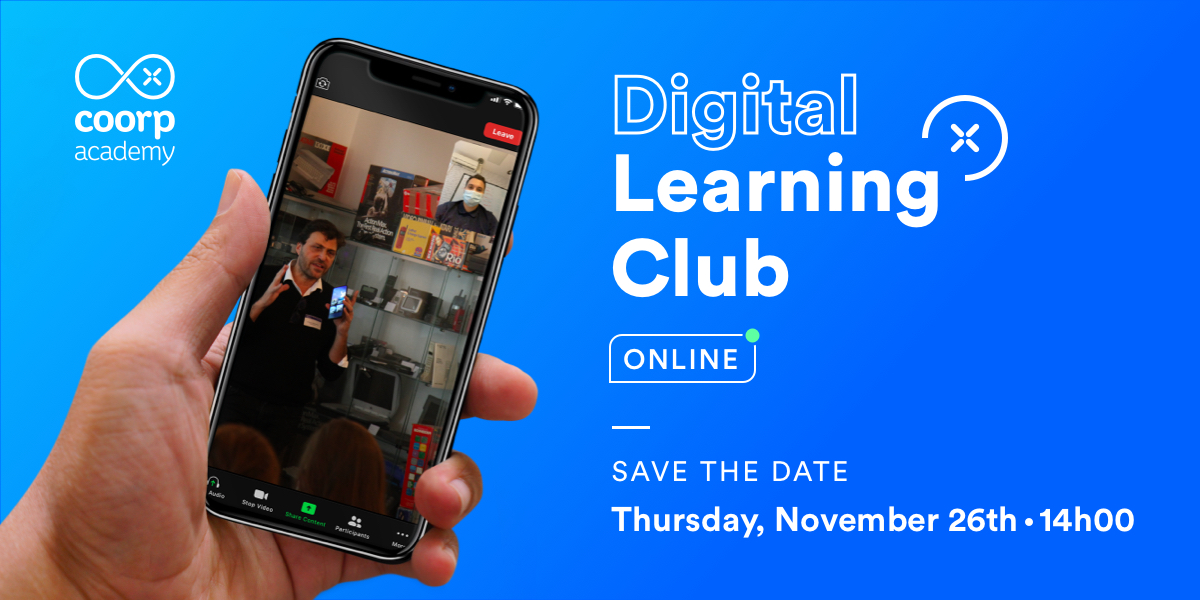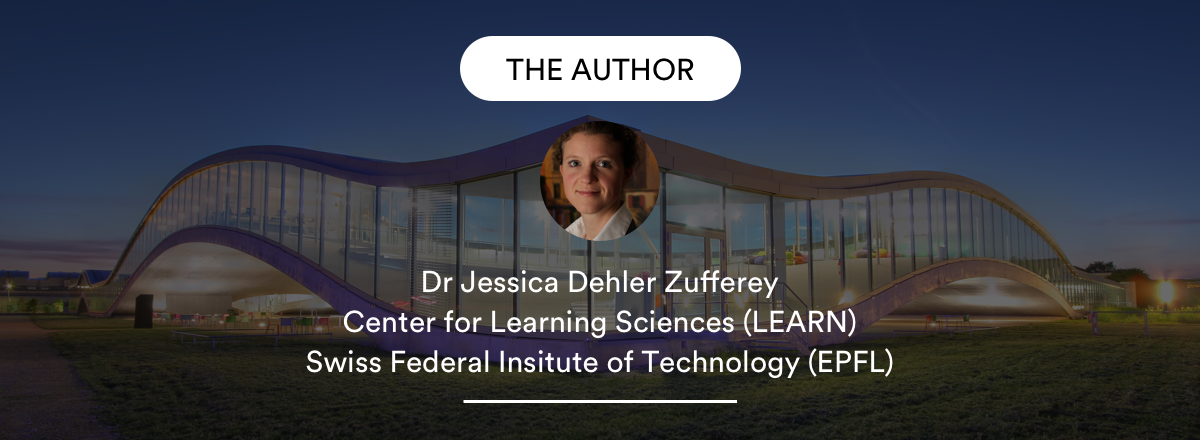Club: an organization of people with a common purpose or interest, who meet regularly and take part in shared activities.
Digital Learning Club: an organization of people with a common purpose – building the future of corporate learning, who meet at least once a year and take part in shared activities. Lifelong learning is the topic gathering them.
The future is uncertain. Especially during this global pandemic of Covid-19, especially at times when lots of places in Europe go into lockdown again.
A few figures to realize how complex and uncertain the world of tomorrow will be: according to the World Economic Forum, in 2022. 75 million jobs will disappear when 133 million new jobs will be created. Also, in 2020, most of 2030 jobs actually don’t exist yet! Still according to the World Economic Forum, 65% of jobs in 2030 have not been invented yet.
Facing this uncertainty, one certainty: lifelong learning is key in order to remain competitive in a fast-changing world. And that lifelong learning idea, our clients understood it very well!
This is how and why the Digital Learning Club has been conceived. This event has been created for our clients, by our clients.
Every year, the Digital Learning Club is an event that our clients hold in high regard. They can share insights with their peers and co-imagine the future of digital learning.
Because it’s 2020, we had to come up with a new format. It will be online, for 45 minutes, and we will share with our clients the latest trends in training for 2021, the best practices to adopt, the pedagogical innovation with our R&D programs supported by the Swiss Federal Institute of Technology, our product roadmap but also what’s new in content production and editorial partnerships.
The Digital Learning Club is also a space for discussions and gathering: our clients will meet on November 26th at 14h00 to build together their Coorpacademy! If you’re interested in becoming a client of Coorpacademy and joining the Digital Learning Club, don’t hesitate to contact us!
With the Digital Learning Club, we want to build the future of Coorpacademy’s Learning Experience – which needs to be unique for each learner.
If you want to know more, contact us!


